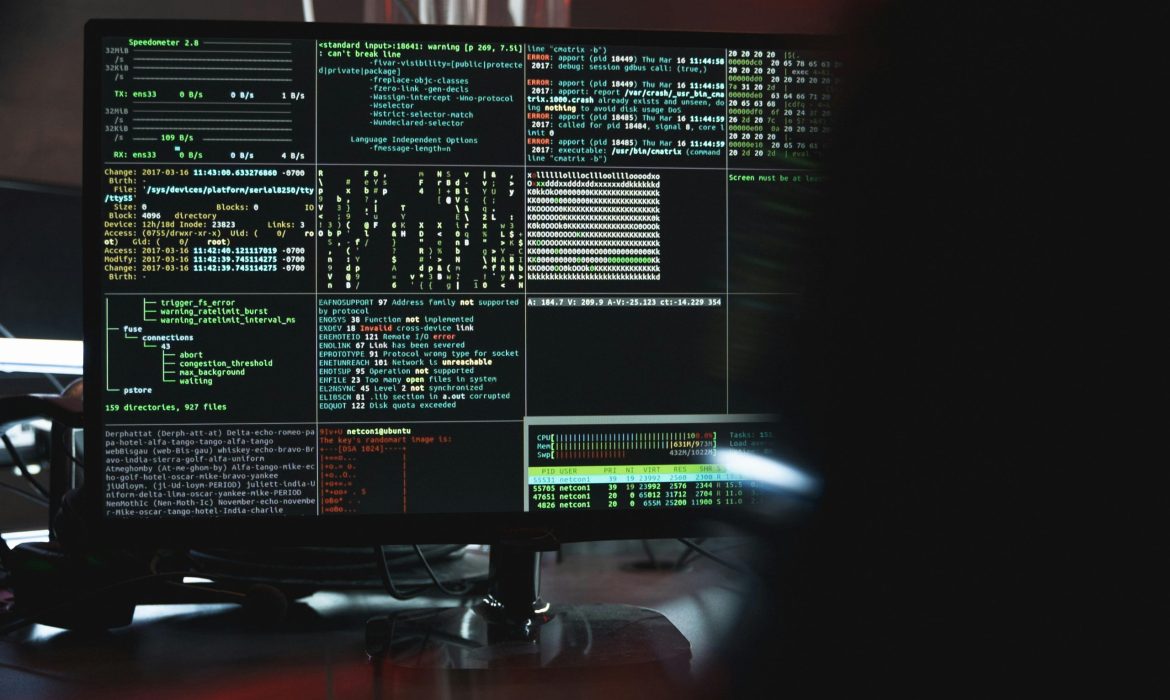
A few years from now, fast forward. Imagine entering a virtual reality where all represented by personalized avatars, you could go to a concert with friends from all around the world. Alternatively, imagine yourself picking up a new ability in a virtual school using interactive simulations. This is the future. Web3 and the Metaverse are not science fiction.
Built based on decentralization, blockchain technology, and user ownership, Web3 is the next generation of the Internet. Conversely, the Metaverse is a communal, immersive virtual environment in which the physical and digital meet. These ideas taken together are ready to transform our experience of the digital world.
The Building Blocks of a New Reality
What, therefore, precisely drives Web3 and the Metaverse? The fundamental technologies driving this change are broken out here:
Blockchain Technology: Consider blockchain as a digital ledger with openness and security. It supports distributed apps (dApps) running free from any central authority. This enables new Metaverse economic models, safe data storage, and ownership of digital assets as well as their creation.
Virtual Reality (VR) and Augmented Reality (AR): Immersion experiences produced by VR and AR technology blur the boundaries between the physical and digital spheres. While AR overlays digital components onto your real-world surroundings, VR whisks you totally into a virtual realm. Building a genuinely participatory and interesting Metaverse depends on these technologies.
Artificial Intelligence (AI): Personalized experiences within the Metaverse are powered by AI in great part. It can be used to produce intelligent agents, fill virtual worlds with lifelike people, and customize materials depending on user tastes. Key artificial intelligence disciplines that will shape the Metaverse are natural language processing, computer vision, and machine learning.
Decentralized Autonomous Organizations (DAOs): DAOs are essentially online-native communities with common rules and aims. Operating on blockchain technology, they allow for group decision-making and government. Managing elements of the Metaverse, DAOs promote community-driven creation and ownership, therefore encouragingly supporting.
Building Experiences in the New Frontier
There are almost endless opportunities for creating Metaverse experiences. These are only a handful of several fascinating places worth investigating:
Gaming and Entertainment: Imagine a time when virtual reality experiences derived from video games become immersive ones. Pushing the boundaries of entertainment, the Metaverse might host virtual concerts, live events, and interactive storytelling.
Social Connection and Collaboration: The Metaverse might completely transform social interaction. In ways never before feasible, we might create virtual communities, deepen close relationships, and work remotely. Representing ourselves in these virtual environments will be mostly dependent on digital avatars.
Education and Training: Beyond standard textbooks, VR/AR technologies can produce immersive learning opportunities. See virtual field trips, interactive simulations, and individualized Metaverse learning paths. This could change the way we pick up fresh talents and grow.
Business and Commerce: The Metaverse presents opportunities for creative company models. Virtual markets, digital stores, and fresh e-commerce models were starting to show up. Furthermore expected to become standard are remote collaboration tools and virtual offices, thereby altering our working environment.
Challenges and Considerations for a Brave New World
Although the Metaverse and Web3 have great promise, one should take into account some issues.
Interoperability: Still, a challenge is building a flawless and linked Metaverse experience across several platforms and technologies. It will be absolutely important to guarantee seamless transitions between virtual environments.
Scalability: Technical challenges include allowing millions of users to concurrently access the Metaverse while preserving a seamless experience. Widespread acceptance depends on scalability.
Security and Privacy: First and foremost are data privacy, security, and user safety. Clear policies and strong security systems will be required to guarantee a reliable Metaverse.
Ethical Considerations: Creating and living in virtual environments raises ethical questions that should be given great thought. One has to take care of problems including the digital gap, social isolation, and addiction. Furthermore, investigated should be issues of digital identity within the Metaverse and data ownership.
A Look toward the Future
Our interaction with the digital environment is changing under the paradigm of Web3 and the Metaverse. They present fantastic chances for interaction, creativity, and immersive learning. We can create a future whereby Web3 and the Metaverse empower people, transform sectors, and shape a more linked and participatory digital environment by tackling problems and supporting responsible growth.
The trip has yet to start. The opportunities are almost unlimited as these technologies develop. Ready to enter the Metaverse and shape digital experiences going forward?



